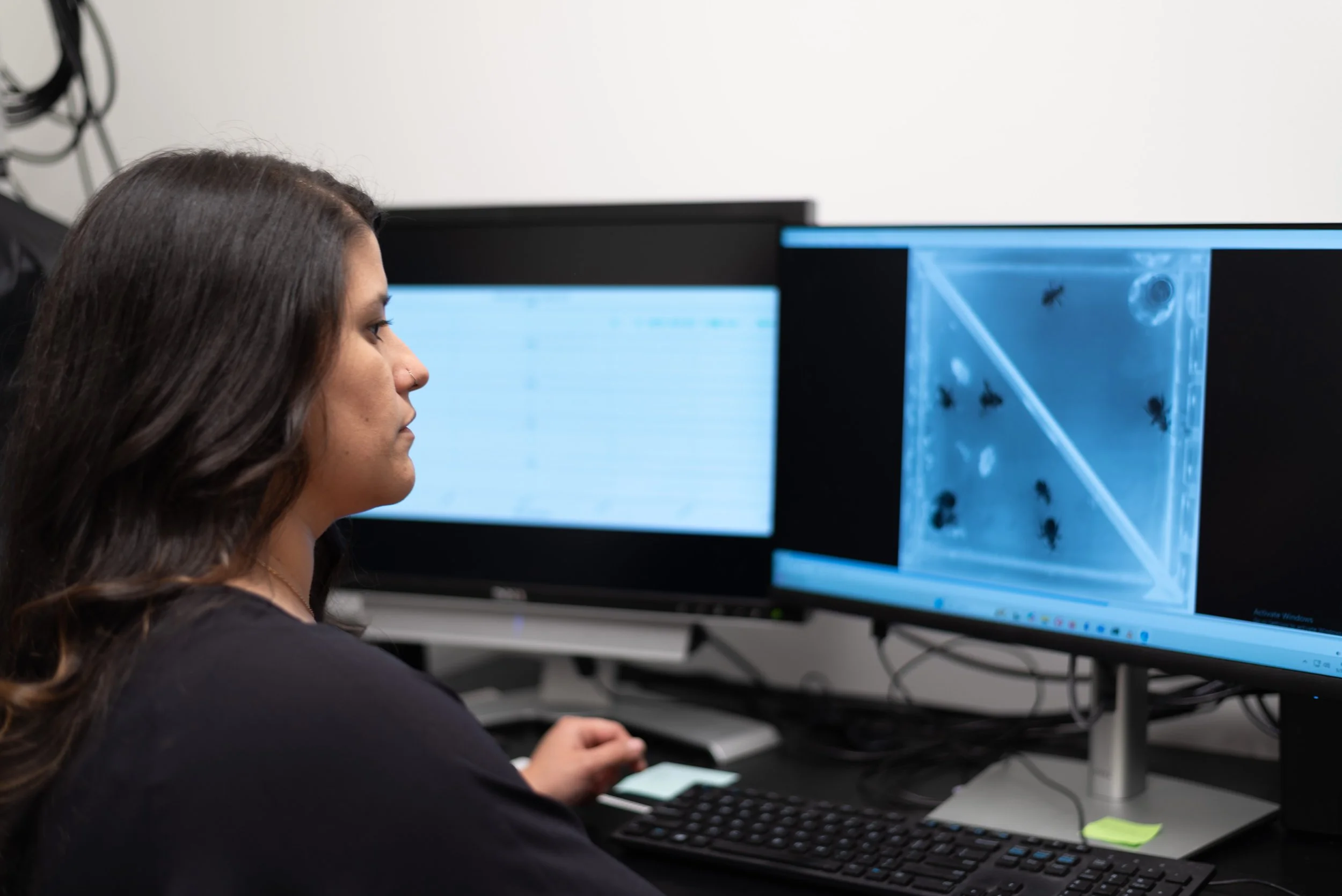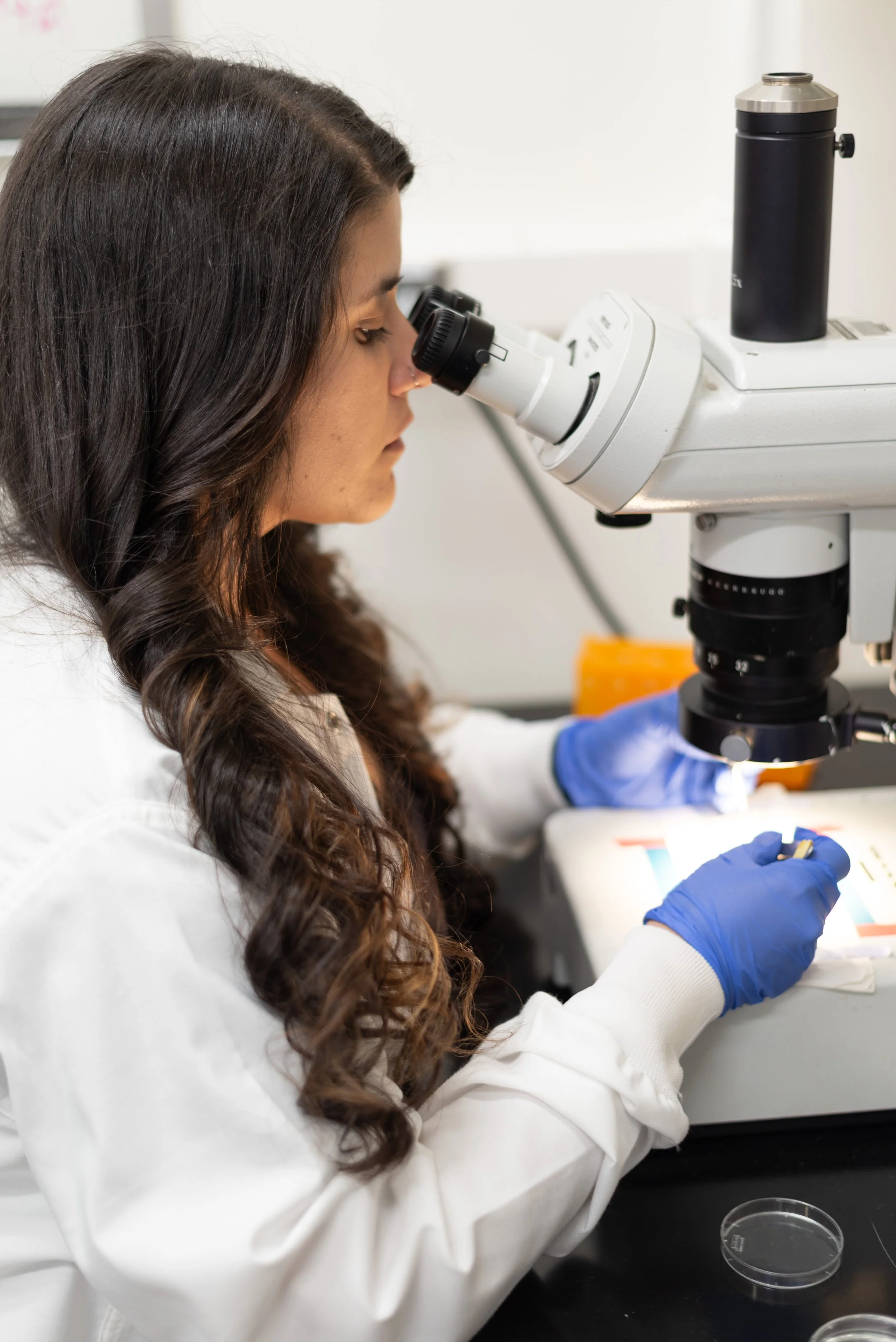What the Buzz is All About
Exploring Social Isolation,
Using Bumblebees as a Model.
My research in the Wang Lab at the University of Washington investigates the neurobiological and behavioral impacts of social isolation, using bumblebees as a model for understanding the broader effects across species.
I assess how isolation influences behavior, mortality, and gene expression responses.
Through this work, I aim to bridge insights from neuroethology to create human rights movements and systemic change.
"In neuroethology, we seek to understand how the brain has evolved to solve the problems animals face in their natural environments."
— Principles of Neuroethology (Hoy, 2016)

Social Isolation
My studies investigate the neurobiological and behavioral impacts of social isolation in adult bumblebees, expanding on previous studies focused on juvenile stages. Adult bees are housed either in isolation or in small groups, after which individuals are assessed for changes in behavior, gene expression, and survival. This work explores how social isolation affects development and function in a highly social species, offering insights into the consequences of isolation that can inform efforts to reduce harm in institutional environments, particularly for incarcerated populations.
Reintegration
Future research will focus on the reintegration of socially isolated bees back into social settings to investigate the behavioral and neurobiological responses. This work will examine group dynamics, behavioral plasticity, and time to acclimate. My study will assess how reintegration affects interaction patterns, social acceptance, and individual adjustment, contributing to evidence-based practices that support more effective systems of rehabilitation and community reintegration.
Photo courtesy of the Washington State Department of Corrections
@Beezinthelab
You can catch a closer look at experiments, behind-the-scenes lab moments, upcoming talks, and ongoing updates by following @BeezInTheLab on Instagram.








